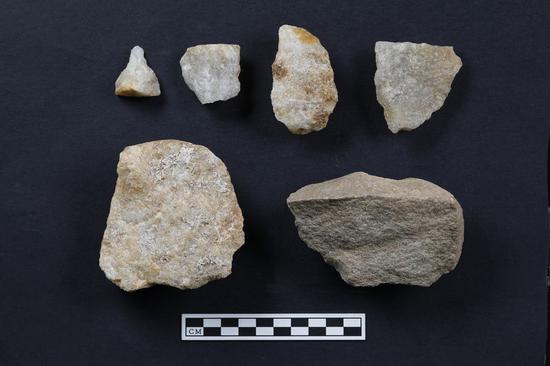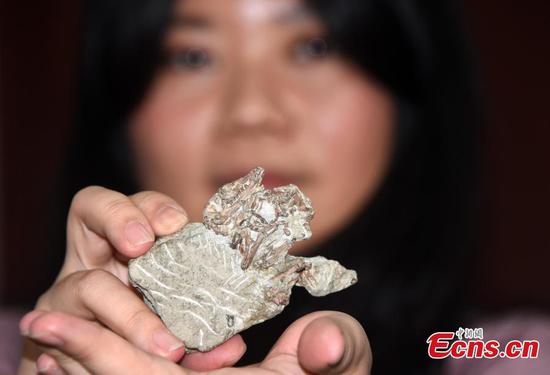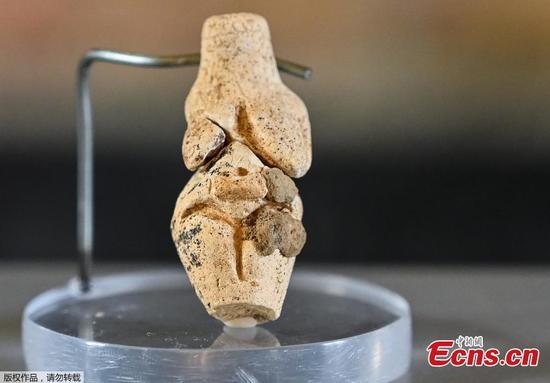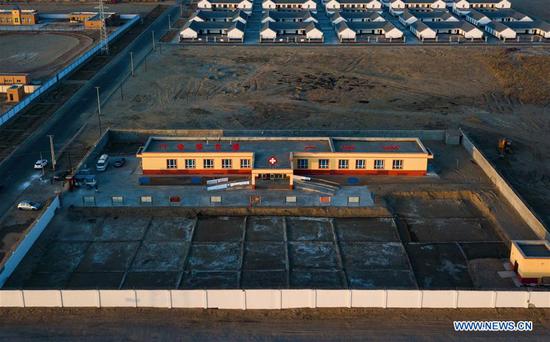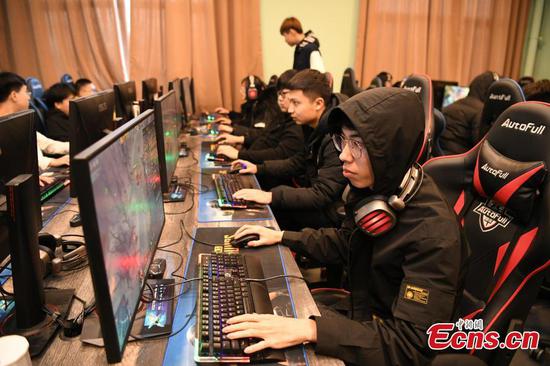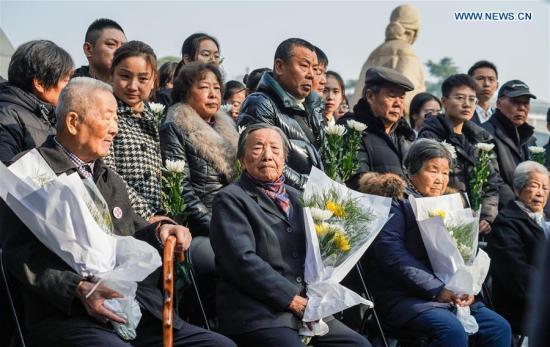The U.S. House of Representatives' aim in passing a Xinjiang-related bill last week was to create hatred among people from different ethnic groups in China and cause problems that would curb the country's development, Chinese human rights experts said.
It did not matter to the United States whether the facts in the bill were accurate or not, they said, because the human rights of people living in the Xinjiang Uygur autonomous region were the least of its concerns.
"The contents of the so-called Uygur Human Rights Policy Act of 2019 are carefully drafted. It has created a wrong hypothesis that China's counterterrorism measures were designed to target the Uygurs at the very beginning," Zhang Yonghe, executive director of the Human Rights Research Institute at Northwest University of Political Science and Law in Xi'an, Shaanxi province, said on Friday.
What's more, by associating Uygurs with Muslims, the U.S. bill sought, with "evil intent", to make China a villain among the world's Muslim community.
China expressed strong opposition after the bill was approved by the House of Representatives on Tuesday. Many official organs said it was "packed with lies" and was the latest U.S. action to interfere in China's internal affairs.
Yang Jiechi, a member of the Political Bureau of the Communist Party of China Central Committee and director of the CPC Central Committee's Office of the Foreign Affairs Commission, urged Washington on Saturday to immediately stop smearing and slandering China and stop interfering in the country's internal affairs.
China firmly opposes and condemns U.S. officials' repeated distorted remarks attacking China's political system as well as its domestic and foreign policies, Yang told U.S. Secretary of State Mike Pompeo in a phone conversation, referring to the latest bill on Xinjiang and the Hong Kong Human Rights and Democracy Act, which U.S. President Donald Trump signed into law at the end of November.
Zhang said the U.S. had no intention of learning the facts about Xinjiang. The bill was drafted based on so-called reasonable doubt and ignored basic facts in portraying deradicalization measures in Xinjiang as a means of brainwashing Uygurs.
Shen Yongxiang, deputy director of the China Society for Human Rights Studies, said the bill was designed to instigate ethnic conflicts in China to slow the country's development.
He said the U.S. commonly criticized counterterrorism efforts of some other countries in the name of protecting human rights and interfered in other countries' affairs, causing regional instability around the world.
Chang Jian, director of Nankai University's Center for Human Rights Studies, said, "The passage of the act is just a part of the U.S. plan to restrain China. It was never about the human rights of the Xinjiang people."
He said that even though it would be difficult to carry out the sanctions on China mentioned in the act, it could put pressure on other countries to follow suit.
The experts said the human rights situation in the U.S. was notorious, with the country suffering serious racial discrimination and abuse of guns, and its initiation of overseas wars had brought serious human rights disasters to other countries and regions.
U.S. politicians, however, avoided bringing up such issues, exposing their hypocrisy and double standards in matters of counterterrorism and human rights, they said.









